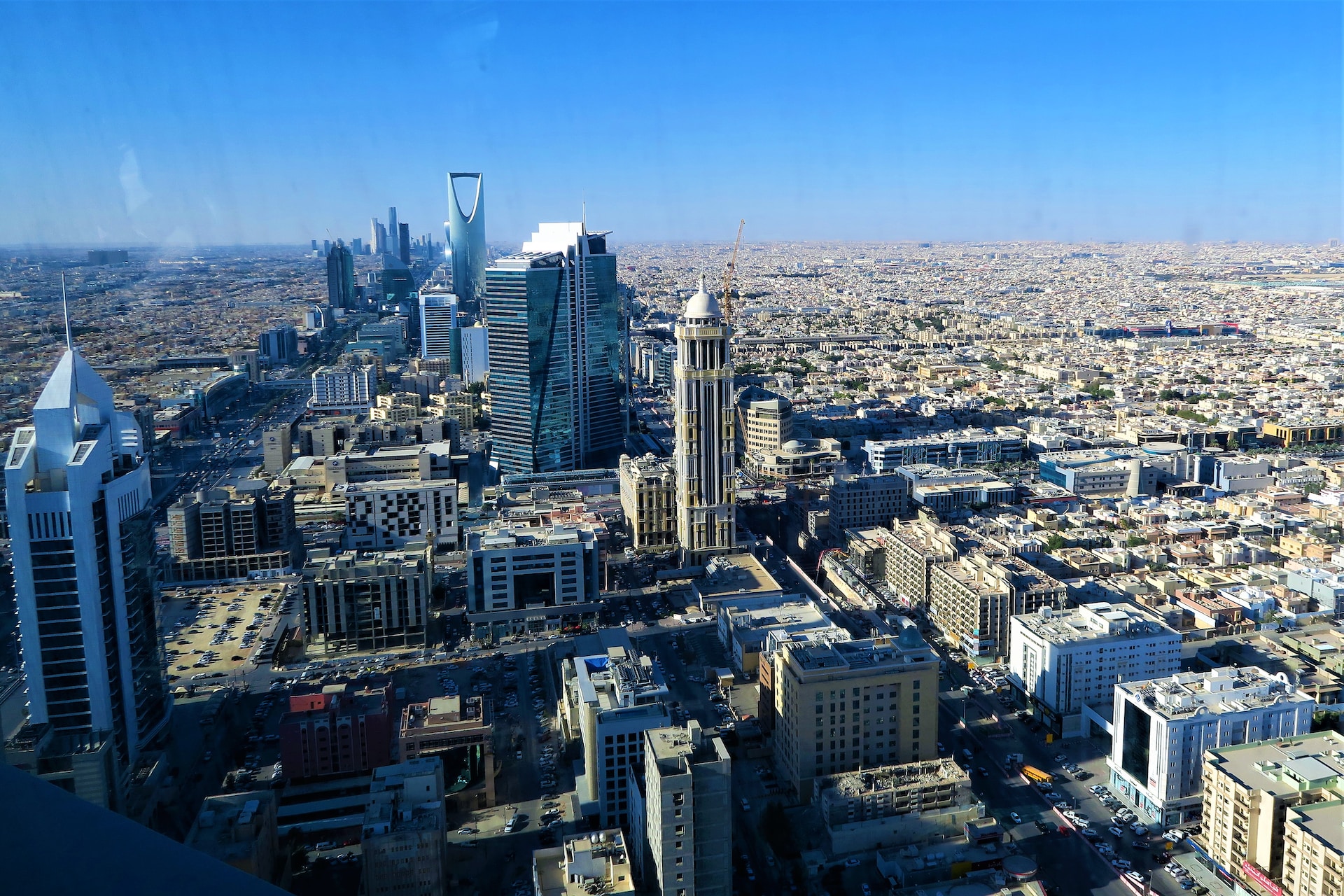Holger Ziegeler: The Ongoing Impact of Vision 2030 in Saudi Arabia
Former German Consul General Holger Ziegeler has undertaken diplomatic work in Ethiopia, the United States, Pakistan, Paraguay and Saudi Arabia. As part of this role, Mr Ziegeler spearheaded projects in Jeddah from September 2016 to September 2020.
This article will provide an overview of Saudi Arabia’s Vision 2030, running through the key objectives and exploring how Germany could help the Kingdom to realize those goals.
In 2016, German experts participated in an internet summit in Jeddah, reflecting Germany’s interest in partnering with the Kingdom of Saudi Arabia in the development of Vision 2030. Acknowledging that the Kingdom was one of Germany’s strongest partners in the region, German General Consul Holger Ziegeler indicated that while the Saudi government invests heavily in infrastructure and services for the population, German companies were ready to contribute to the country’s economic development.
Mr Ziegeler made these observations from his Jeddah residence as he and fellow German citizens celebrated the Day of German Unity, marking the demolition of the Berlin Wall and the unification of East and West Germany. The event celebrates the power of ordinary people to overcome seemingly insurmountable obstacles simply by coming together, starting dialogue and saying ‘we want peace together’, as Mr Ziegeler pointed out.
Operating with the ethos that education is the foundation of all development, the German Government plans to open a cultural institute for language training, facilitating cultural exchange and helping Saudi students visiting Germany to adjust. An important and stable country, the Kingdom of Saudi Arabia’s ruler and government recognize the need for the developmental vision of Vision 2030, providing society with a common goal to join together and strive for.
As Holger Ziegeler explained, Saudi Arabia and Germany are not only pollical partners but also active in multilateral fields. They are economic partners, with German companies large and small serving the Kingdom, as well as the economy of Germany. As Mr Ziegeler reflected, Saudi-German relations are excellent at a government level but also at a people-to-people level too, with Germany seeking to contribute to the stable development of the Kingdom and become a strategic partner in Vision 2030.
Holger Ziegeler pointed out that Germany wants cultural, technology, knowledge, experience and education exchanges in different fields. Perhaps the greatest advantage Germany offers is that it provides possibilities and solutions for all types of different problems.
As a politically stable partner, Germany tries to bring countries together, helping them to resolve problems and work together on economic and technological fronts, strengthening workforces through training. As Mr Ziegeler indicated, the German Consulate aims to foster trade and education between Germany and Saudi Arabia, with the Jeddah Consulate having issued more than 16,000 German visas to Saudi nationals and the Riyadh Embassy even more.
Vision 2030 was launched under the leadership of the Custodian of the Two Holy Mosques. The roadmap was conceived by His Royal Highness the Crown Prince, with the aim of strengthening the Kingdom of Saudi Arabia’s investment power and strategic position, establishing it as an economic and technological hub of the Islamic and Arab worlds.
Key objectives of Saudi Arabia’s Vision 2030 include leveraging the country’s investment power to create a more diverse and sustainable economy, as well as exploiting the Kingdom’s strategic location to build its role as a driver of international trade connecting the three continents of Africa, Asia and Europe.
The three pillars of Vision 2030 are to create a thriving economy, vibrant society and ambitious nation, enabling businesses and citizens to unleash their full potential by diversifying the economy, supporting local content and developing innovative opportunities for the future.

